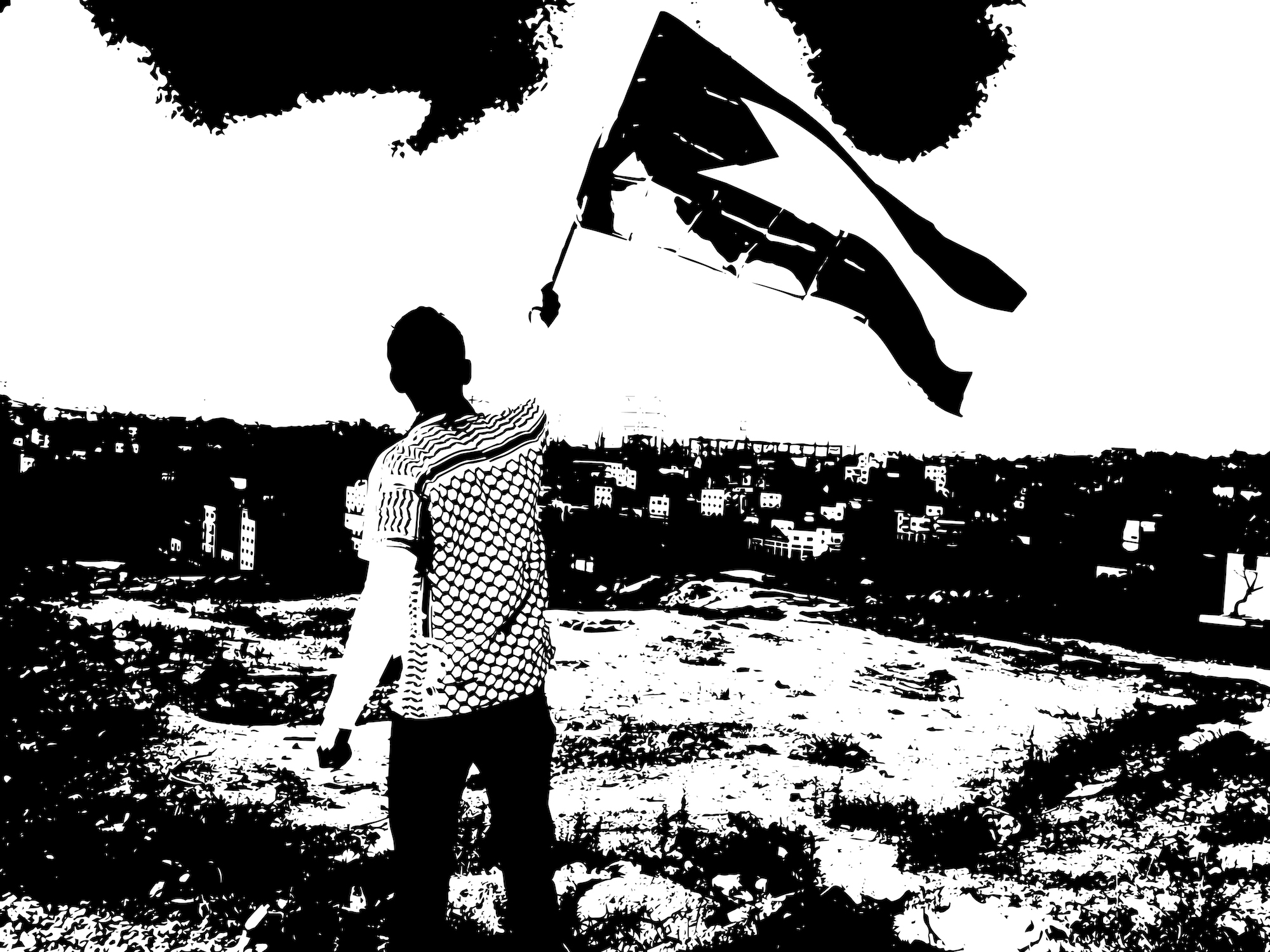The latest cycle of violence in Israel and Palestine is an infuriating tragedy. As of this writing, at least 212 Palestinians, including at least 61 children, have been killed in the Israeli assault on Gaza, and ten Israelis have been killed by rockets launched into Israel by Hamas. The lives lost, injuries inflicted, families displaced, and communities traumatized are rightly the focus of much attention.
But there is also less visible damage. The assault on Gaza has all but paralyzed civil society organizations working to provide aid, support human rights, and advance the peace process. Rather than crippling this work, Israel and the international community should work to protect and enable it. Indeed, civil society has an essential role to play in ending the violence and building a lasting peace.
TAKING IT DAY BY DAY
When residential buildings collapse from airstrikes and artillery fire, humanitarian need grows. When human rights violations worsen, the need for fearless human rights advocacy grows. When violence escalates, the need for effective peacebuilding grows. When all of this is happening, participating in civil society efforts to shape a more just future naturally takes a back seat to surviving the day. And those that do push on with these efforts hazard their lives in the process. As Laila Barhoum, a Policy and Campaign Officer working for Oxfam in Gaza, wrote in the Washington Post, “I don’t know where the next strike will land, but we know it could hit us.”
In effect, the current attacks on Gaza, combined with the long-standing blockade and a host of other oppressive policies, is the extension of a more concerted assault on Palestinian civil society.
Med Global, another humanitarian aid organization working in Gaza, condemned the violence against civilians in Gaza and East Jerusalem, citing the impact on its work. As Med Global’s program director in Gaza lamented, “They asked for people to donate blood in the hospital, and I want to go, but I can’t leave my home because there have been too many attacks…”
Indiscriminate attacks against civilians, whether in the form of rockets lobbed into Israel or airstrikes and artillery rounds pumped into Gaza, are war crimes. Yet while actors on both sides have committed atrocities, a fundamental source of this cycle of violence is the systemic oppression of Palestinians by the Israeli state — oppression that, like these attacks, impacts individuals and civil society organizations alike.
THE DEADLY BLOCKADE
The blockade of Gaza, in place since 2007, is one form of oppression that poses immense challenges for civil society groups working in Palestine. As Human Rights Watch explained, “Without the ability to get staff, consultants and volunteers into and out of Gaza, Palestinian human rights groups find it difficult to maintain programs across Gaza and the West Bank.”
Humanitarian programs have also been impacted. According to the World Health Organization, the blockade is a major contributor to ongoing shortages of medical supplies, electricity, and other essentials in Gaza. The economic impacts of the blockade have also led to increased dependency on aid, increasing the need for humanitarian programs, while restrictions on movement and goods have limited the ability of such programs to reach and support those in need.
So in many ways, the need for humanitarian, peacebuilding, and human rights programs in Israel-Palestine stems from Israel’s oppressive and unnecessary policies and actions that, in turn, inhibit these very programs.
While the impacts of direct attacks and the blockade of Gaza on civil society are at least partly incidental, the impacts of an Israeli campaign to discredit and defund Palestinian NGOs are not. A recent report by the Observatory for the Protection of Human Rights Defenders details an extensive campaign by Israel’s Ministry of Strategic Affairs and Public Diplomacy — in coordination with a host of politically motivated organizations that specialize in disinformation, legal attacks, and smear tactics — to silence and discredit human rights groups and other civil society organizations operating in Israel, Palestine, and the Syrian Golan. From pushing legislation to limit freedom of expression and restrict human rights monitoring, to conflating criticism of Israeli government action with anti-semitism, to making unsubstantiated claims about civil society ties to designated terrorist groups, the scale of this campaign to delegitimize civil society organizations is unprecedented in the Israeli–Palestinian context.
Human rights groups have been a primary target of this campaign, but the weaponization of any form of association with groups like Hamas that Israel and the United States designates as terrorists presents an obvious problem for peacebuilding groups: By definition, they must interact with all parties to a conflict in order to support effective peace processes. Peacebuilding organizations often play an essential role in Track II diplomacy — engagement among both official and non-governmental actors outside of formal channels — that can help achieve ceasefires and other diplomatic breakthroughs by taking politics out of the equation. That work becomes next to impossible when access is restricted, and when engagement of any kind is viewed as material support for terrorism.
It’s been said that war is the extension of politics by other means. In effect, the current attacks on Gaza, combined with the long-standing blockade and a host of other oppressive policies, is the extension of a more concerted assault on Palestinian civil society.
While both sides must cease indiscriminate attacks and pursue an immediate ceasefire, it is also incumbent on Israel, as well as its international backers like the United States, to forestall future cycles of violence by respecting and upholding the human rights of Palestinians, and by enabling rather than threatening the work of civil society organizations operating in Israel-Palestine. For those seeking safety, justice, and peace, civil society is an indispensable asset. We must protect it.
Paul Carroll is the Director of the Charity & Security Network, a resource and advocacy center working to promote and protect the ability of nonprofit organizations to carry out peacebuilding, humanitarian, and human rights missions, and to advance national security frameworks that support rather than impede this work.





















